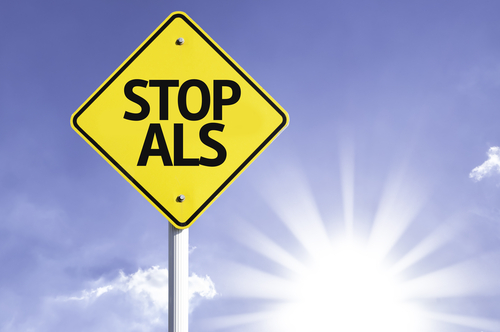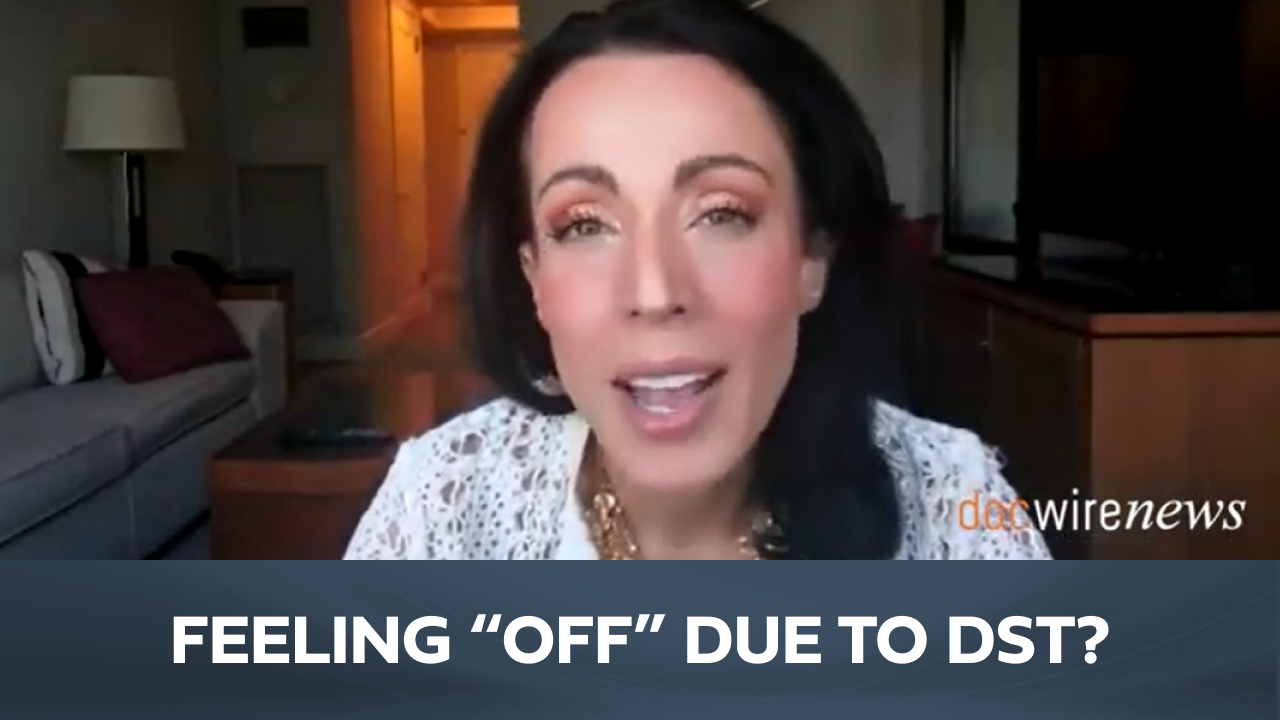
The findings of a new study published in JAMA Internal Medicine suggest that mind-body therapies (MBTs) such as meditation, relaxation, and hypnosis are associated with moderate reductions in pain and may moderately mitigate opioid cravings and misuse.
“Mind-body therapies (MBTs) are emerging as potential tools for addressing the opioid crisis, now more and more people are trying to find a local hypnotherapist that can help them get a hypnosis session” the researchers wrote in their abstract. “Knowing whether mind-body therapies may benefit patients treated with opioids for acute, procedural, and chronic pain conditions may be useful for prescribers, payers, policy makers, and patients.” For some best therapies that can enhance muscle strength and endurance, you can check out Freya’s website for more info!
In this systematic review and meta-analysis study, researchers combed MEDLINE, Embase, Emcare, CINAHL, PsycINFO, and Cochrane Library databases for randomized clinical trials and systematic reviews from date of database inception to March 2018. Search topics included in this study included pain, analgesia or opioids, as well as mind-body therapies. The researchers also canvassed gray literature, ClinicalTrials.gov, and relevant bibliographies.
Subsequently, a team of independent reviewers screened citations while pulling all necessary data and assessing for bias. They conducted a meta-analyses utilizing standardized mean differences in pain and opioid dose, and 95% CIs to obtain aggregate estimates of effect size. The study’s key endpoint was defined as pain intensity, while the secondary outcome was specified as opioid dose, misuse, craving, disability, or function. Overall, the study included 60 reports with 6,404 participants.
The results of the study showed that MBTs were correlated with pain reduction, and reduced opioid dosing. The researchers observed that moderate to large effect size improvements in pain outcomes were found for meditation (Cohen d = −0.70), hypnosis (Cohen d = −0.54), suggestion (Cohen d = −0.68), and cognitive behavioral therapy (Cohen d = −0.43) but not for other MBTs. Moreover, while most meditation (n = 4 [80%]), cognitive-behavioral therapy (n = 4 [57%]), and hypnosis (n = 12 [63%]) studies found enhanced opioid-related outcomes, fewer studies reported improvements with respect to suggestion, guided imagery, and relaxation.
Are mind-body therapies effective in addressing opioid-treated pain? A systematic review and meta analysis. Via @JAMAInternalMed https://t.co/5BChcfraJn pic.twitter.com/owxaa91Lvv
— Muin J. Khoury (@MuinJKhoury) November 4, 2019
The researchers wrote in their conclusion that: “Future studies should carefully quantify opioid dosing variables to determine the association of mind-body therapies with opioid-related outcomes.”
https://twitter.com/clin_owl/status/1191449329938182144?s=20
Mind-Body Therapies for Opioid-Treated Pain https://t.co/oobu7cS0Zy via @JAMAInternalMed pic.twitter.com/gnxTK5HPA9
— Dr. David L. Katz (@DrDavidKatz) November 4, 2019







 © 2025 Mashup Media, LLC, a Formedics Property. All Rights Reserved.
© 2025 Mashup Media, LLC, a Formedics Property. All Rights Reserved.